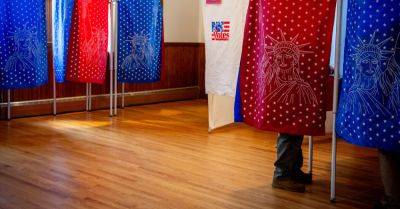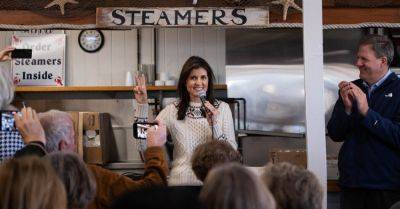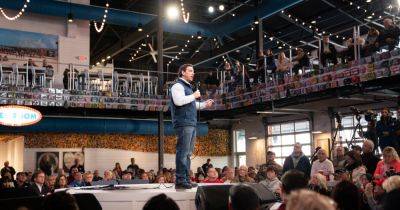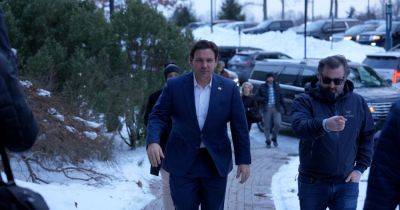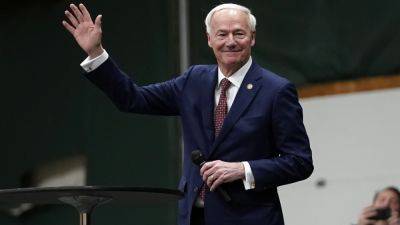How Trump Sidestepped the Tradition of Iowa Pandering
Campaigning in Iowa in the months leading up to the caucuses has traditionally involved candidates embracing local customs, visiting iconic locations and championing policies aimed at helping the state’s farm-driven economy.
But this year, the Republicans seeking their party’s presidential nomination have largely avoided over-the-top pandering to local priorities — and any such attempts appear not to be as effective as in the past.
That’s largely because former President Donald J. Trump, who has run in the style of an incumbent, has dominated the state while barely setting foot in it. Though he refers to Iowa farmers in his speeches and talks about how he has poured money into the state, Mr. Trump has eschewed the classic retail politicking that is a mainstay of the caucuses in favor of larger rallies while focusing his message more on national issues.
In doing so, Mr. Trump is suggesting that it is perhaps not as necessary to show so much deference to local priorities to score a victory in Iowa — at least, for a former president with a huge following.
“Most of the talk is about border security and the economy and inflation, national issues rather than Iowa-centric,” said Brent Siegrist, a state representative in Council Bluffs. If Mr. Trump was “not in the field, maybe some other issues would have risen to a more prominent role,” he suggested.


